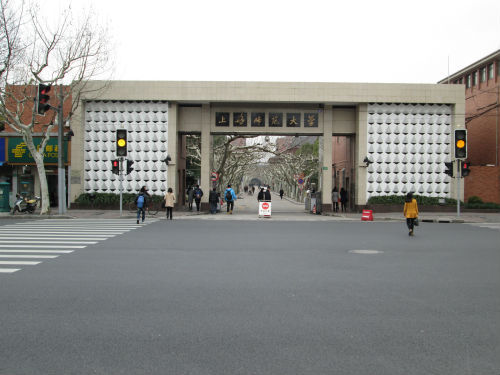
Shanghai is the largest city in China; who in education is not aware of the fact that this city’s students finished at the top of the charts in the PISA 2009 exam? Depuis, educators from all over the world have travelled to this dynamic city to better understand the strategies that have kept Shanghai at the forefront of education reform. The first thing you note as an observer in Shanghai is that education success has much to do with societal and family beliefs in the immense value of being well-educated. China has a long tradition of respect for education. Exams are still a very important part of the learning process but what else are educators working on to improve the students’ education experience and promote a 21st century approach to learning? On a recent trip to the city, I had the pleasure of meeting with Xu Jinjie, (Lecturer at Shanghai Normal University) and Zhu Xiaohu (PHD Candidate Assistant Professor – Institute for Basic Education Research, Académie des sciences de l'éducation de Shanghai) to discuss some of the ways China is combining the best of tradition with innovation.
One of the key headlines we see on Chinese Education in the West is that Chinese students excel in the global standardized tests. Il y a, cependant, some writers that find deficiencies in China’s education system. Do you think these criticisms are valid?
Zhu Xiaohu: China’s education system is always reforming. Par exemple, au PISA 2009, we found that Chinese students don’t like rote learning in math. Most teachers don’t believe in rote learning and encourage students to be creative. But examinations have a thousand year old history in China. So it is deeply engrained in the culture. And I don’t believe that tests are always a bad thing. It is about the content of the test. We want to give students more chances and more choices when they take examinations. Par exemple, we are now doing some work on this in Zhejiang province in Shanghai. It’s a pilot for a new student achievement assessment, which will be more about producing a portfolio.
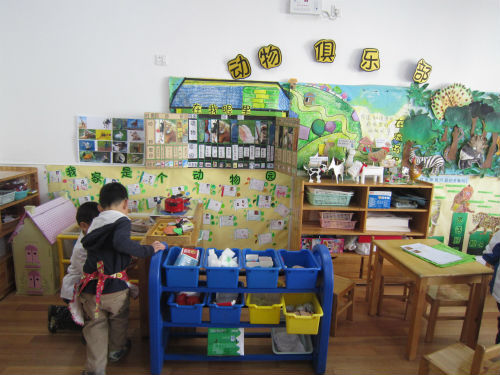
There are a lot of teachers around the world that would love to hear more about that.
Xu Jinjie: I think you have to consider this question of test reform in context, bien que. In the developed regions of China such as Shanghai, our government is starting to reconsider strict testing practices, but in the rural areas, doing well on strict testing is the only way for the poor children to proceed.
What do you think about the way technology continues to change the way students learn, which is allowing students more access to information anytime, anyplace, nulle part?
Xu Jinjie: We believe that basic knowledge and basic skills, even with the technology changing our world, are still key parts of school learning. Take for example, the multiplication tables, they are very special in China. Every student in primary school has to memorize them. Even though we know that they can calculate with a calculator or a computer, we ask our students to remember their multiplication tables. Some educators believe that this kind of mental calculation is the basis for higher mathematics learning. So it’s not just a skill, it’s a basic need for advanced learning. In addition to that, we emphasize students’ imagination and creative thinking skills. For example in primary school education, the Shanghai government asks that each school provide one half day each week to offer all kinds of activities for the students to choose from. We want to let students have time to explore their own interests and to make their own choices in learning, and so we give them chances to do that. But it can be difficult to evaluate and assess creativity.
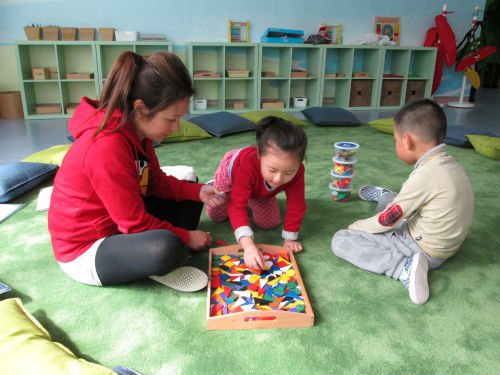
Aux États-Unis, there has been more focus recently on making sure preschool programs are available to all children. What support is currently being offered by the Chinese government to support universal preschool?
Zhu Xiaohu: If you want to send your child to preschool, it’s easy! It’s not so expensive because most of the kindergartens are public here.
Xu Jinjie: Depuis 2010, Shanghai has set up another hundred preschools and is expanding the scale of public preschools to assess and educate more kids from migrant labor force families. So our government really has put the right policies in place.
Zhu Xiaohu: Réellement, the emphasis on preschool education in Shanghai now is not whether the children can or cannot go to the kindergarten. It is more about what should we teach the children in kindergarten. Several years ago, the preschool education was very similar to the primary school. In kindergarten, the children learned mathematics, Chinese and other academic subjects. But now we believe this is not good because the most important thing for preschool education is to allow students to develop good habits. Socialization versus academic knowledge should be the main emphasis.
When my children went to preschool I recall there were mothers who would get annoyed if there were no worksheets and then there were mothers who would get annoyed if there were too many worksheets! And this was naturally an ongoing debate between the parents.
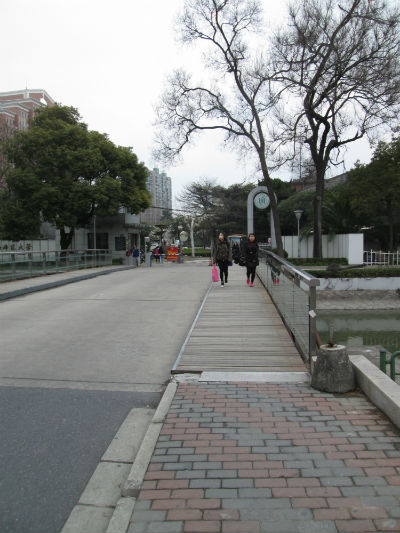
Let’s talk a little about higher education. There is a huge study abroad trend here in China with many students wanting to attend the US higher education institutions. I wonder why more students don’t consider the higher education universities options in China?
Zhu Xiaohu: Since the United States and Europe are developed countries, we need to learn and catch up with them. The Chinese have to know Western culture as it benefits our economy and our nation. So China must participate in that world, and we believe this is a good thing. But as our economy develops, we believe many more students will study abroad in China. The trend is already shifting now. People want to learn Chinese as it also gives them better opportunities to do well in global business.
Xu Jinjie: Our Ministry of Education in Beijing has already started to pay attention to this issue. Last year our center was authorized to undertake a program for the MOE – Ministère de l'Éducation – as to how to integrate the credit of learning between different education solutions that have been identified. Par exemple, if a student studies in America for one year and then studies in China for the second year, we are in the process of figuring out how to recognize the learning credit in Shanghai. The government is thinking about this too that is the recognition of cross-cultural learning credits which promote the internationalization of higher education. Also there are various schools setting up alliances between nations, for example NYU Shanghai, and these schools are changing the landscape of higher education.
Oui, students are being raised as global thinkers and so they won’t necessarily study in their own country for their entire academic career any longer. The value of those face-to-face experiences in other cultures is becoming ever more critical. Thank you both for your time.

(Toutes les photos sont une gracieuseté de C. M. Rubin)
Rejoignez-moi et leaders d'opinion de renommée mondiale dont Sir Michael Barber (Royaume-Uni), Dr. Michael Bloquer (États-Unis), Dr. Leon Botstein (États-Unis), Professeur Clay Christensen (États-Unis), Dr. Linda Darling-Hammond (États-Unis), Dr. MadhavChavan (Inde), Le professeur Michael Fullan (Canada), Professeur Howard Gardner (États-Unis), Professeur Andy Hargreaves (États-Unis), Professeur Yvonne Hellman (Pays-Bas), Professeur Kristin Helstad (Norvège), Jean Hendrickson (États-Unis), Professeur Rose Hipkins (Nouvelle-Zélande), Professeur Cornelia Hoogland (Canada), Honorable Jeff Johnson (Canada), Mme. Chantal Kaufmann (Belgique), Dr. EijaKauppinen (Finlande), Le secrétaire d'Etat TapioKosunen (Finlande), Professor Dominique Lafontaine (Belgique), Professeur Hugh Lauder (Royaume-Uni), Seigneur Ken Macdonald (Royaume-Uni), Professeur Geoff Masters (Australie), Professeur Barry McGaw (Australie), Shiv Nadar (Inde), Professeur R. Natarajan (Inde), Dr. PAK NG (Singapour), Dr. Denise Pape (États-Unis), Sridhar Rajagopalan (Inde), Dr. Diane Ravitch (États-Unis), Richard Wilson Riley (États-Unis), Sir Ken Robinson (Royaume-Uni), Professeur Pasi Sahlberg (Finlande), Professeur Manabu Sato (Japon), Andreas Schleicher (PISA, OCDE), Dr. Anthony Seldon (Royaume-Uni), Dr. David Shaffer (États-Unis), Dr. Kirsten immersive, (Norvège), Chancelier Stephen Spahn (États-Unis), Yves Thézé (LyceeFrancais États-Unis), Professeur Charles Ungerleider (Canada), Professeur Tony Wagner (États-Unis), Sir David Watson (Royaume-Uni), Professeur Dylan Wiliam (Royaume-Uni), Dr. Mark Wormald (Royaume-Uni), Professeur Theo Wubbels (Pays-Bas), Professeur Michael Young (Royaume-Uni), et le professeur Zhang Minxuan (Chine) alors qu'ils explorent les grandes questions d'éducation de l'image que toutes les nations doivent faire face aujourd'hui.
La recherche globale pour l'éducation communautaire page
C. M. Rubin est l'auteur de deux séries en ligne largement lecture pour lequel elle a reçu une 2011 Upton Sinclair prix, “La recherche globale pour l'éducation” et “Comment allons-nous savoir?” Elle est également l'auteur de trois livres à succès, Y compris The Real Alice au pays des merveilles, est l'éditeur de CMRubinWorld, et est une fondation perturbateurs Fellow.
Suivez C. M. Rubin sur Twitter: www.twitter.com/@cmrubinworld


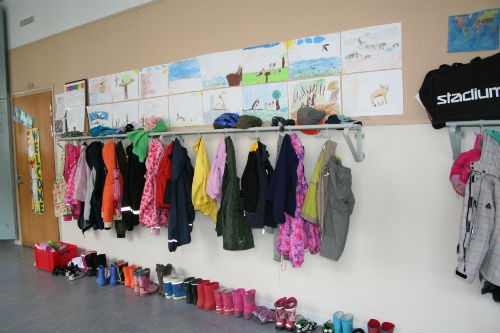
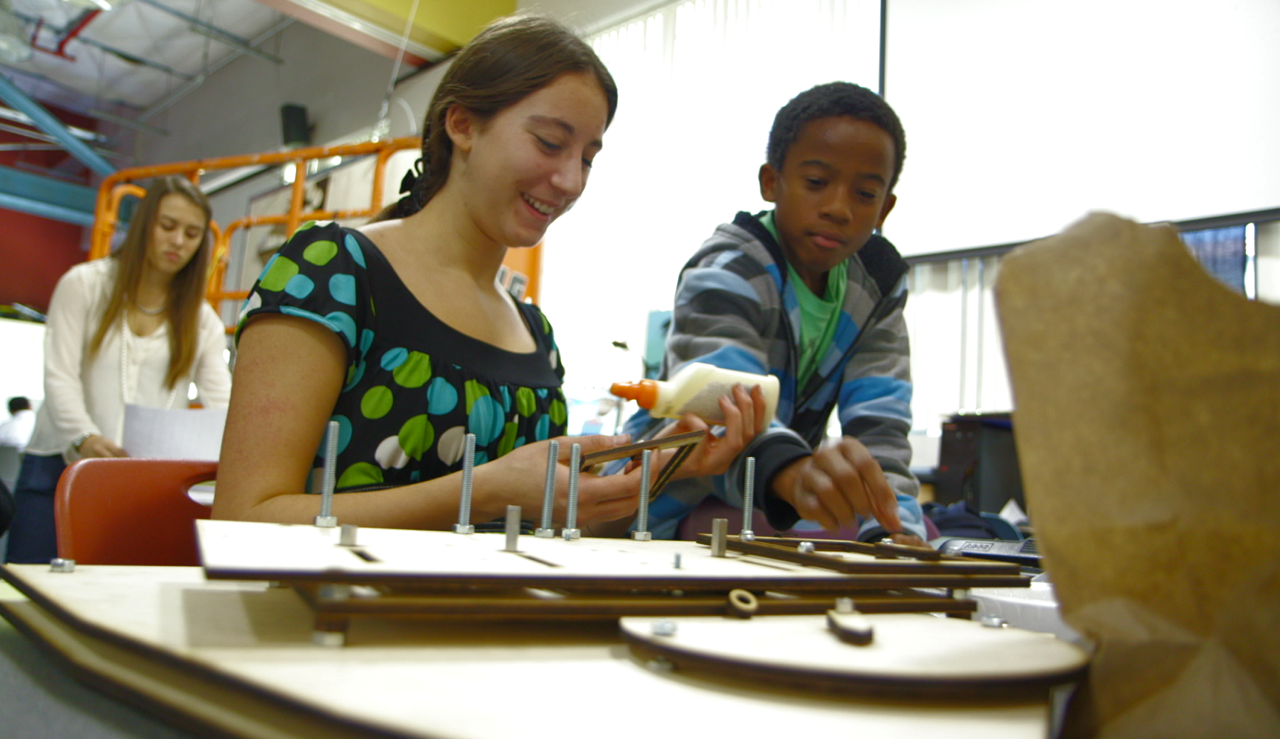
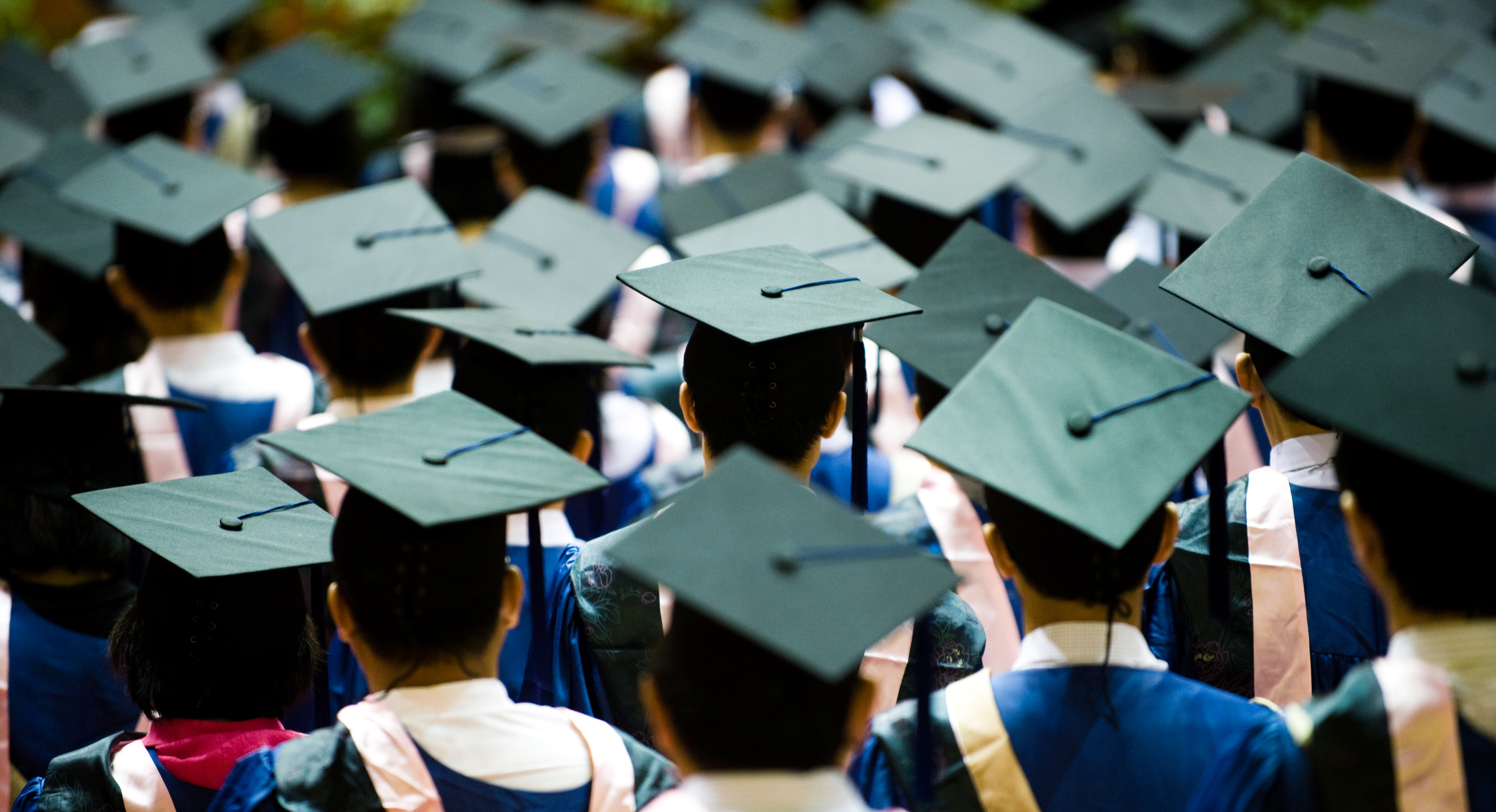
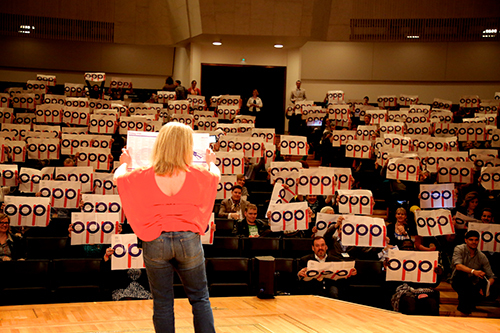
Commentaires récents